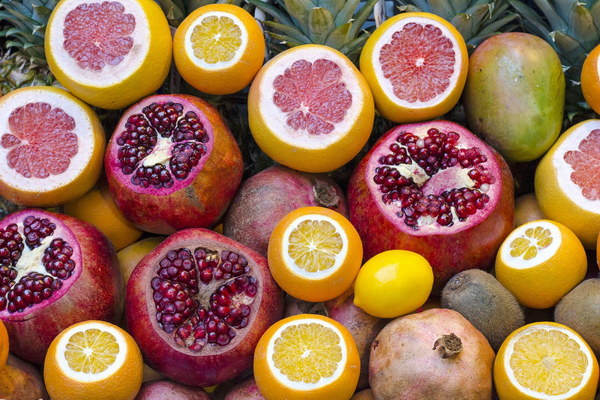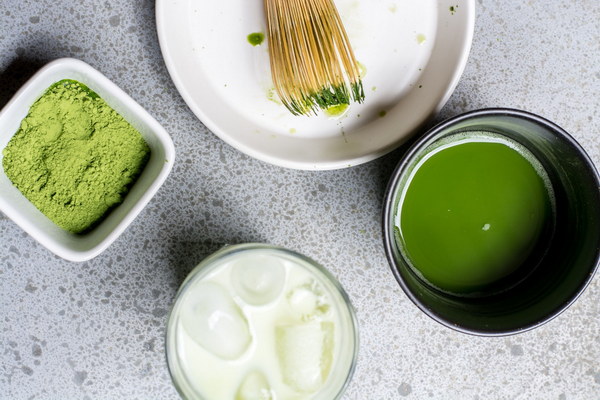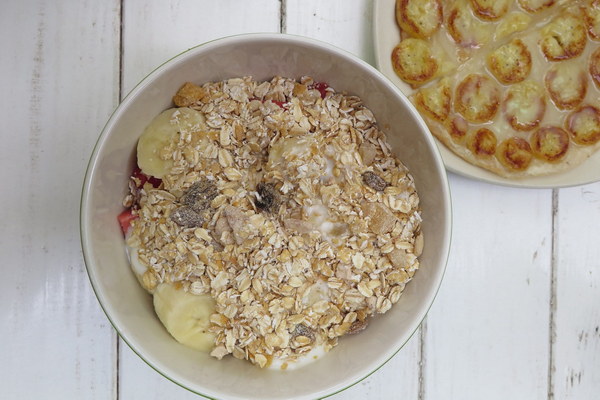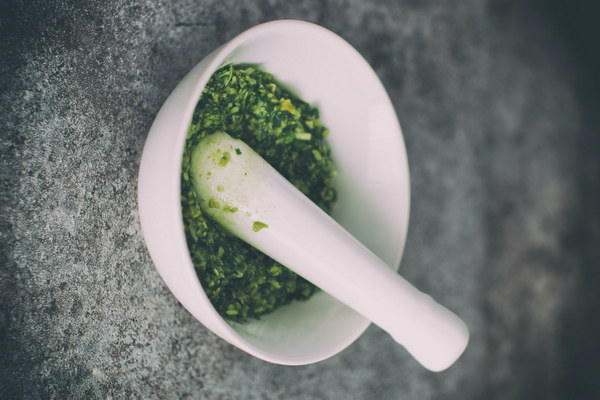Revamp Your Menstrual Cycle with Nutritional Boost A Comprehensive Guide to Menstrual Diet
The menstrual cycle is a natural process that affects every woman at some point in her life. However, it can also bring along discomfort, mood swings, and a range of other symptoms that can make life challenging. One effective way to alleviate these symptoms is through dietary adjustments known as the menstrual diet. This article will explore the benefits of a menstrual diet, provide a list of foods to incorporate into your diet, and give you tips on how to tailor your meals to support your body throughout your cycle.
Understanding the Menstrual Cycle
The menstrual cycle is a complex process that involves the ovaries, uterus, and hormones. It typically lasts between 21 and 35 days and is divided into four phases: the follicular phase, ovulation, the luteal phase, and menstruation. Each phase requires different nutrients to function optimally.
Benefits of the Menstrual Diet
A menstrual diet is designed to support the body during each phase of the menstrual cycle, leading to improved physical and emotional well-being. Some of the key benefits include:
- Alleviating PMS Symptoms: A balanced menstrual diet can help alleviate common premenstrual symptoms such as bloating, mood swings, and breast tenderness.
- Boosting Energy Levels: Proper nutrition can help maintain consistent energy levels throughout the cycle, improving overall productivity.
- Regulating Hormones: Certain foods can help regulate hormone levels, leading to a more regular and predictable menstrual cycle.
- Supporting Bone Health: The menstrual diet can help support bone health, which is especially important for women who are at risk of osteoporosis.
Foods to Include in Your Menstrual Diet
To support your body throughout the menstrual cycle, incorporate the following foods into your diet:
Follicular Phase (Days 1-14)
During the follicular phase, the body is preparing for ovulation. Focus on these nutrient-rich foods:
- Whole Grains: Quinoa, brown rice, and oats provide complex carbohydrates, fiber, and B vitamins.
- Leafy Greens: Spinach, kale, and Swiss chard are excellent sources of iron, calcium, and magnesium.
- Lean Proteins: Chicken, turkey, and eggs are rich in protein and essential amino acids.
- Healthy Fats: Avocado, nuts, and seeds provide healthy fats that support hormonal balance.
Ovulation Phase (Day 14)
Ovulation is the peak fertility period, and the body requires specific nutrients to support this process:
- Fruits: Berries, kiwi, and oranges are high in antioxidants and can help regulate ovulation.
- Legumes: Lentils, chickpeas, and black beans are excellent sources of protein and fiber.
- Fish: Salmon, mackerel, and sardines are rich in omega-3 fatty acids, which can help regulate hormones.
Luteal Phase (Days 15-28)
The luteal phase is characterized by the production of progesterone, which prepares the uterus for pregnancy. During this phase, focus on these nutrients:
- Complex Carbohydrates: Sweet potatoes, beets, and carrots provide a steady release of energy.
- Calcium-Rich Foods: Dairy products, leafy greens, and fortified plant-based milk help maintain bone health.
- Vitamin E: Almonds, sunflower seeds, and avocados can help support the production of progesterone.
Menstruation Phase (Days 1-5)
During menstruation, the body is shedding the uterine lining. It's important to consume foods that help replenish nutrients and support overall well-being:
- Iron-Rich Foods: Red meat, lentils, and fortified cereals can help combat iron-deficiency anemia.

- Vitamin C: Citrus fruits, strawberries, and bell peppers can enhance iron absorption.
- Hydration: Staying hydrated is crucial, so drink plenty of water, herbal teas, and broths.
Tips for Tailoring Your Menstrual Diet
- Listen to Your Body: Pay attention to how different foods make you feel and adjust your diet accordingly.
- Plan Your Meals: Meal planning can help ensure you get a balanced intake of nutrients throughout the month.
- Stay Hydrated: Drink plenty of water throughout the cycle to support kidney function and overall health.
- Limit Processed Foods: Reduce the intake of processed foods, as they can exacerbate PMS symptoms and hormonal imbalances.
By following a menstrual diet, you can provide your body with the necessary nutrients to support your menstrual cycle and improve your overall well-being. Remember, it's essential to consult with a healthcare professional before making any significant dietary changes.









